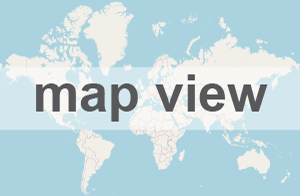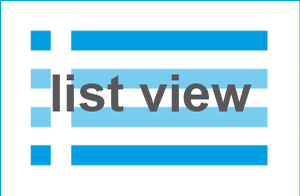HIGHLANDS.3 – Collective Approach of Research and Innovation for Sustainable Development in Highlands
| Grant agreement ID: 872328 |
| Duration: January 1, 2020 – August 31, 2025 |
| Funded under: H2020-EU.1.3.3. |
| Overall budget: € 2 484 000 |
| EU contribution: € 2 484 000 |
| Coordinated by: Austrian Academy of Sciences (OeAW), Austria |
| Primary coodinator: Dr. Oliver Bender |
| Coordinator: Dr. Fernando Ruiz Peyré Coordinating Assistant: Kevin Klar, Matías Ghilardi |
The HIGHLANDS.3’ goal is to contribute to Inclusive Sustainable Development in Highlands (ISDH) through collective and impact-driven Research & Innovation (R&I), based on capacity building, sharing of local-global knowledge, experience, and tools. It will drive a co-innovation process through secondments and research and innovative sessions (R&IS) involving public/private and non-academic partners, to build a shared vision of ISDH, enhance the capacities of researchers, managers, users, policymakers, thus bridging the gap between research and development. Our activities will be organized in 5 integrated work packages (WP): Coordination & management (WP1); Methodology & capacity building for ISDH (WP2); Analysis, comparison and modelling of ISDH (WP3); Building a multi-actor ISDH Decision-Support Platform (DSP) (WP4); Communication, Dissemination & Exploitation of results (WP5). The project HIGHLANDS.3 consists of a network of 41 institutions including 30 partners from Europe (~35% non-academic), and skilled and motivated female and male researchers and local stakeholders. The work plan will run 8 successive R&IS (5 in Europe, 3 outside) to promote the exchange among participants as a foundation for innovation. Each R&IS will build upon collective learning principles and a holistic systemic approach, exposing participants to a wide range of world views that will encourage experimentation with practice. Each R&IS will focus on a particular aspect of sustainable highland development and will include collective learning, collaborative research, and capacity building on data collection/analysis, modelling. To complement the R&IS, long-term secondments will be implemented for researchers and practitioners to deeply train and work together on specific issues identified by the consortium. Collected data on ISDHs will be stored in an online collaborative and interactive decision-support platform that will then be transferred to existing mountain networks.
Work packages
WP1: Coordination and Management
Leaders: Fernando Ruiz Peyré (IGF/ÖAW, AT), Oliver Bender (IGF/ÖAW, AT) and
Jean-François Tourrand (TLS, FR)
WP2: Methods & Capacity Building for ISDH analysis and modelling
Leaders: Luis Santos (IPT, PT), Valentina Stoica (UBUC, RO) and Juan Maria Trillo (USC, ES)
WP3: Analysis, comparison and modelling of ISDH
Leaders: Marie Houdart (INRAE, FR) and Facundo Rojas (IANIGLA, AR)
WP4: Building a multi-stakeholder ISDH decision-support Platform (DSP)
Leaders: Fernando Ruiz Peyré (IGF/ÖAW), Matías Ghilardi (IGF/ÖAW), Kevin Klar (IGF/ÖAW), Jean-François Tourrand (TLS, FR), Valentina Stoica (UBUC, RO) and Valeria Paul Carril (USC, ES)
WP5: Communication, dissemination, and exploitation of results
Leaders: Emanuel de Castro (AGE, PT), Robert Hafner (UIBK, AT) and Davy McCracken (SRUC, UK)

Monitoring and Evaluation Committee
Lynda Allouche (Universite Ferhat Abbas Setif 1, Algeria)
Gillian Bowser (Colorado State University, USA)
Martin Coy (University of Innsbruck, Austria)
Bernard Hubert (INRAE, France)
Ruijun Long (Lanzhou University, China)
Martin Price (Perth College, United Kingdom)
Jorge Recharte (Instituto Montaña, Peru)
Liz Wedderburn (AgResearch, New Zealand)
Susanne Wymann (University of Bern, Switzerland)



